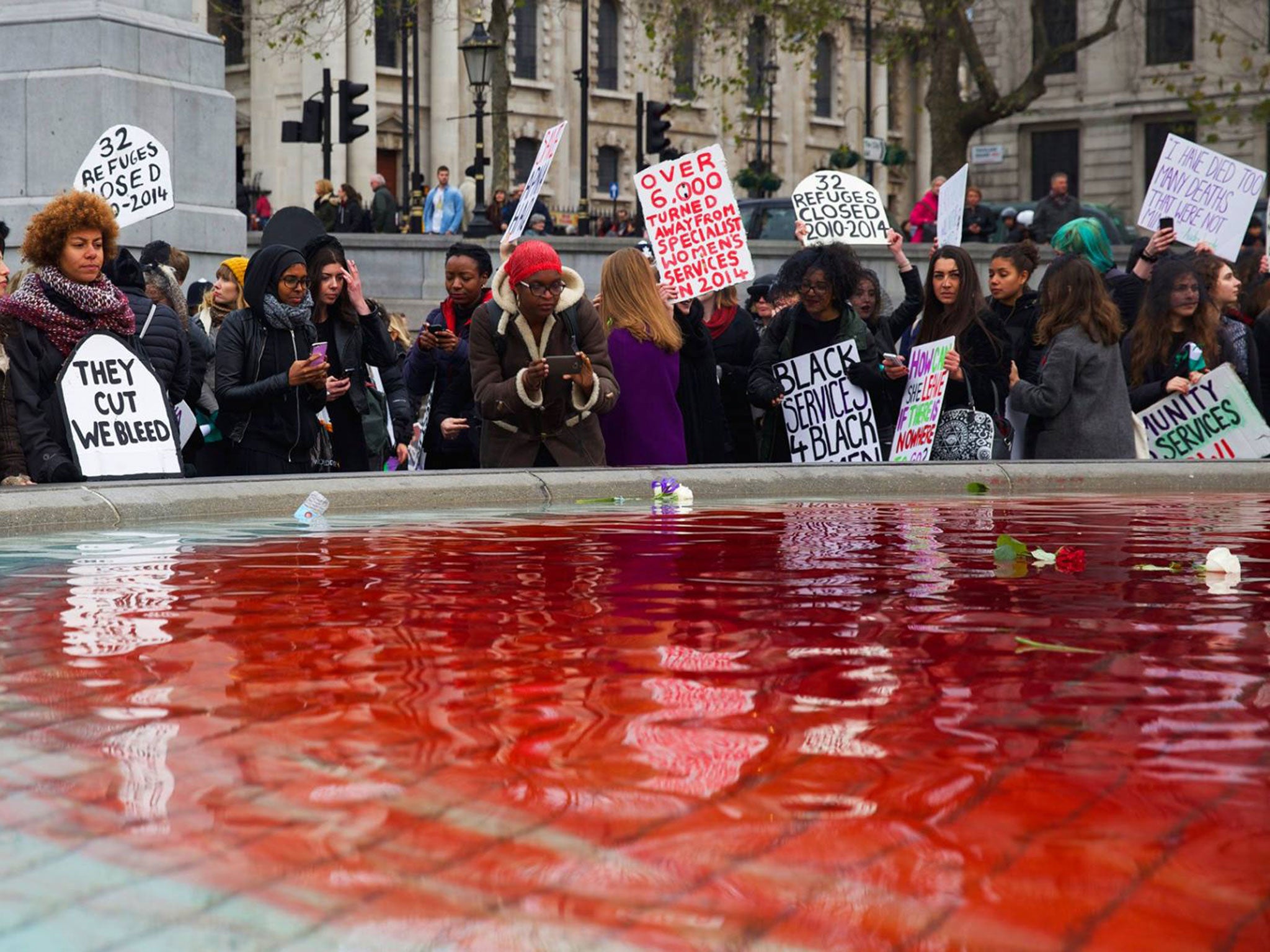Know how you can easily shut down domestic violence services? Erase women in need from official statistics
Skewed statistics hide the rise in domestic violence at a time when services are being drastically cut around the UK

Sylvia Walby's research on violence against women in the UK is devastating for three reasons: violent crime against women is on the increase; the experiences of domestic violence survivors have been erased by the way official statistics are collected and the increase in violence parallels the removal of support services.
This research would not be as revelatory as it is, had the government actually been recording violence against women accurately. Currently, the number of crimes that one individual can report to the survey is capped at five. All Sylvia Walby did was remove that cap.
Even if a woman has been assaulted by her partner five times, fifty times or five hundred times, the survey will only record five of those crimes. On a personal level, this systematically invalidates women's experiences. On a statistical level, the experiences of “high frequency victims” - many of which are suffering domestic violence – are hugely under-reported.
The Office for National Statistics says it is necessary because otherwise the sheer number of crimes committed by perpetrators against the same individual would skew the rest of the statistics. That's right: the harm done by perpetrators of domestic violence is so devastating that calculating it defies statistics.
The experiences of the hidden, “high frequency victims” in Professor Walby's research are no surprise to anyone familiar with the repetitive, pervasive nature of domestic violence. Domestic violence is not a “one off” event. It is not an argument that has gone too far, or a partner who has had one drink too many. It is repetitive, it is devastating and it can be fatal if a woman does not access the support she needs to escape.
Against this epidemic in domestic violence against women, the government is cutting vital domestic violence support services. Services are funded through local council budgets. Strapped for cash, councils are looking to save money anywhere that they can: and the consequences for women are devastating.
Between 2010 and 2014, 32 specialist services shut their doors for good, and those that remain open are struggling to provide effective services without the resources they need. This increases the risk of lethal violence for the women who desperately depend on those services. Right now, instead of fighting for the lives of domestic violence survivors, services in both South Gloucestershire and Portsmouth are fighting for their own lives against huge proposed council cuts.
This increase began in 2009, coinciding with the economic crisis and the start of austerity. Austerity cut the lifelines that women experiencing violence need to access freedom: including specialist domestic violence services, legal aid, benefits and social housing. As funding has fallen, violence has risen and it's no coincidence. This research supports what survivors and support workers have been saying for years: that austerity is directly harming women.
If the government want to bring domestic violence rates down, the solution isn't to cap reporting to five incidents; it is to support a woman to leave before she even experiences five incidents. The sooner a woman can flee, the sooner she can be safe and the sooner the government can actually see the statistics they want.
In order to do this, the government need to give domestic violence support services the money they need to help survivors. The evidence is out, there is nowhere to hide, and the government have a decision to make: turn their backs on women and continue to see crime rates escalate, or support women to live safely and independently. Is it that difficult a choice?
The author is an activist with Sisters Uncut.



Join our commenting forum
Join thought-provoking conversations, follow other Independent readers and see their replies